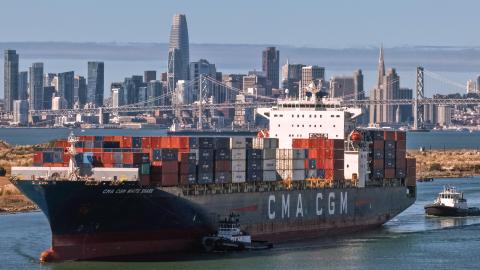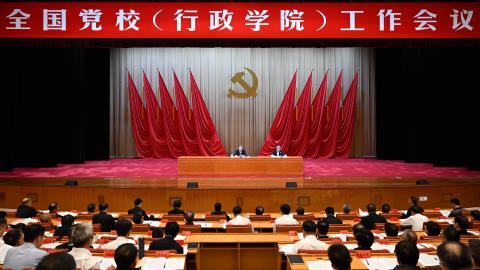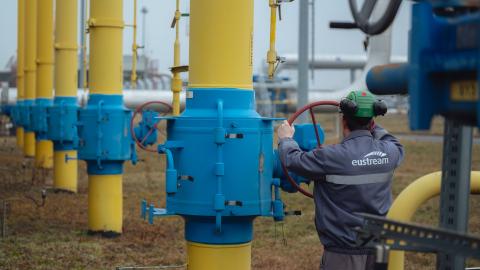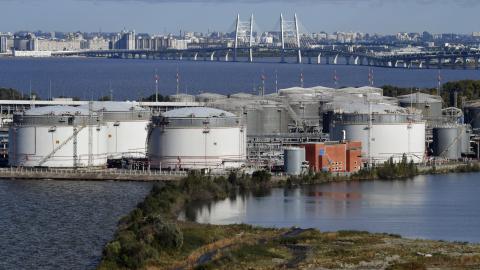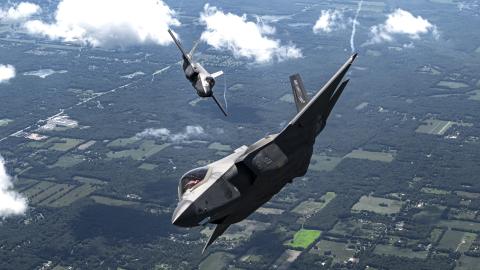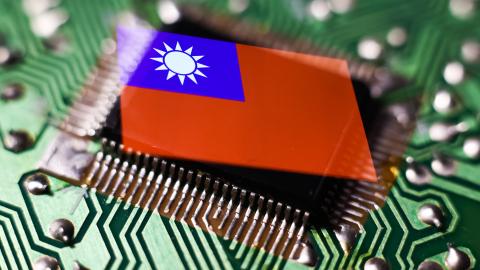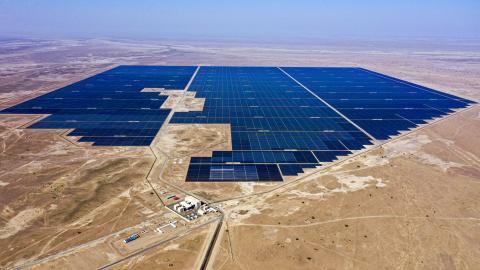Below, Zineb Riboua explores China’s strategic push to expand its influence in the Middle East and Africa.
Executive Summary
- Chinese AI firms advance into the Middle East: Chinese technology firms have begun to enmesh themselves in Gulf infrastructure, posing a threat to America’s economic and military posture in the region.
- Libya’s Huawei whiplash: Tripoli reversed its freeze on Huawei operations in the country, demonstrating Beijing’s leverage over fragile governments.
- China’s billion-dollar polysilicon facility in Oman: Backed by the International Finance Corporation, China is building a major manufacturing facility in Oman—a worrying sign of the West’s waning influence.
- Beijing doubles down on Palestinian statehood: China seeks to increase its influence in the Middle East by portraying itself as a more just alternative to the United States.
1. Chinese AI Firms Advance into the Middle East
In August 2025, leaders of China’s Xiaoku Technology and the United Arab Emirates’ Abu Dhabi Capital Group signed a joint venture agreement. Though this is the first formal venture capital partnership between a Chinese artificial intelligence company and the Emirati royal fund, it is part of a broader trend. WeRide, a Chinese robotaxi firm, launched a “hijab mode” in Abu Dhabi. This gives riders options like smart-glass windows and female-voiced digital assistants. Chinese medical AI companies like iiMake and Wonders Information Co. have also developed footholds in the Gulf by adapting to local customs.
Why it matters
With capital drying up at home, Chinese AI firms are increasingly turning to the Middle East, where sovereign wealth funds and state-driven digital transformation programs provide opportunities for growth. These initial AI deals prove that sensitivity to the Gulf’s religious and cultural norms can help Chinese firms secure backing in the region.
For the United States, Beijing’s momentum presents a dual challenge.
- Chinese AI has received state-level support from some of America’s closest security partners in the region.
- China could use the Gulf to stress-test models that will scale globally.
Without serious US engagement, China will entrench a strategic AI advantage in the Middle East. Each successful deal will serve as a showcase to drive global demand and accelerate Beijing’s tech expansion.
But the greater danger lies in what comes next. By enmeshing Chinese technology firms in Gulf telecoms, transport systems, and defense-adjacent infrastructure, Beijing will create structural dependencies that the US may be unable to unwind. Additionally, Chinese systems could contain surveillance backdoors that would compromise US military operations at Gulf bases, which remain essential to American power projection.
2. Libya’s Huawei Whiplash
Libya’s General Authority for Telecommunications and Informatics announced the suspension of all Huawei operations in the country. Tripoli’s complaint accuses the Chinese telecom giant of entering into contracts with unauthorized actors and violating Libyan law, a breach of Huawei’s obligation to respect state sovereignty under the International Telecommunication Union.
Yet just days later, Libya’s communications authority announced an agreement with Huawei Libya that permits the company to continue operations provided it conforms more closely to the country’s laws.
Why it matters
Fragile states—like Libya’s current interim government—are extremely susceptible to China’s tech-enabled influence. Shortly after accusing Huawei of undermining national security, Libyan authorities backed down, demonstrating Beijing’s ability to exercise leverage against governments that depend on Chinese-built infrastructure.
This is a reminder for Washington that the US needs to provide credible alternatives if it seeks to roll back China’s influence in developing economies. Chinese firms thrive where governments are too weak to enforce regulations and too dependent to seek alternatives. Unless the US and its partners can offer developing nations viable digital infrastructure options, Beijing will continue to tighten its grip on global telecommunications.
3. China’s Billion-Dollar Polysilicon Facility in Oman
The International Finance Corporation (IFC) approved up to $250 million in loans and investment to build a $1.6 billion polysilicon plant in Oman. United Solar Polysilicon, a Chinese-linked entity, will develop the facility, which is expected to produce 100,000 metric tons of polysilicon annually.
The US representative on the IFC board voted against the measure, warning that it advances Beijing’s dominance in a strategic sector. Representatives from Germany, the Netherlands, and the Nordic bloc abstained. The project’s host, Oman, has offered direct subsidies, cheap electricity, and discounted land.
Why it matters
Polysilicon is an essential semiconducting material for computer chips and solar panels. By backing this project against American objections, the IFC is supporting Beijing’s industrial expansion in a US-aligned Gulf state. Meanwhile, the European abstentions highlight Washington’s struggle to rally Western allies against Chinese industrial expansion—even within institutions where the US has significant leverage.
4. Beijing Doubles Down on Palestinian Statehood
Last month, Arab ambassadors in Beijing initiated a meeting with China’s special envoy on the Middle East. The talks centered on Palestine, with Arab envoys praising Beijing’s humanitarian aid to Gaza, its calls for a ceasefire, and its consistent endorsement of the two-state solution. They urged China to “continue to uphold a just position” and more actively support Palestinian statehood. Beijing seems to have acquiesced, declaring “serious concern” over Israel’s plans to consolidate control of Gaza and stressing that “Gaza belongs to the Palestinian people.”
Why it matters
Championing Palestinian statehood while criticizing Israel is a simple way for China to improve its standing with Arab governments and portray its diplomatic leadership as a just alternative to America’s. But Beijing’s diplomacy relies more on exploiting symbolic issues than actual peacekeeping. If Washington and Jerusalem allow Beijing to control the narrative and present itself as a mediator and defender of Palestinian rights, they risk allowing China to further erode US-Israeli influence in the region.
